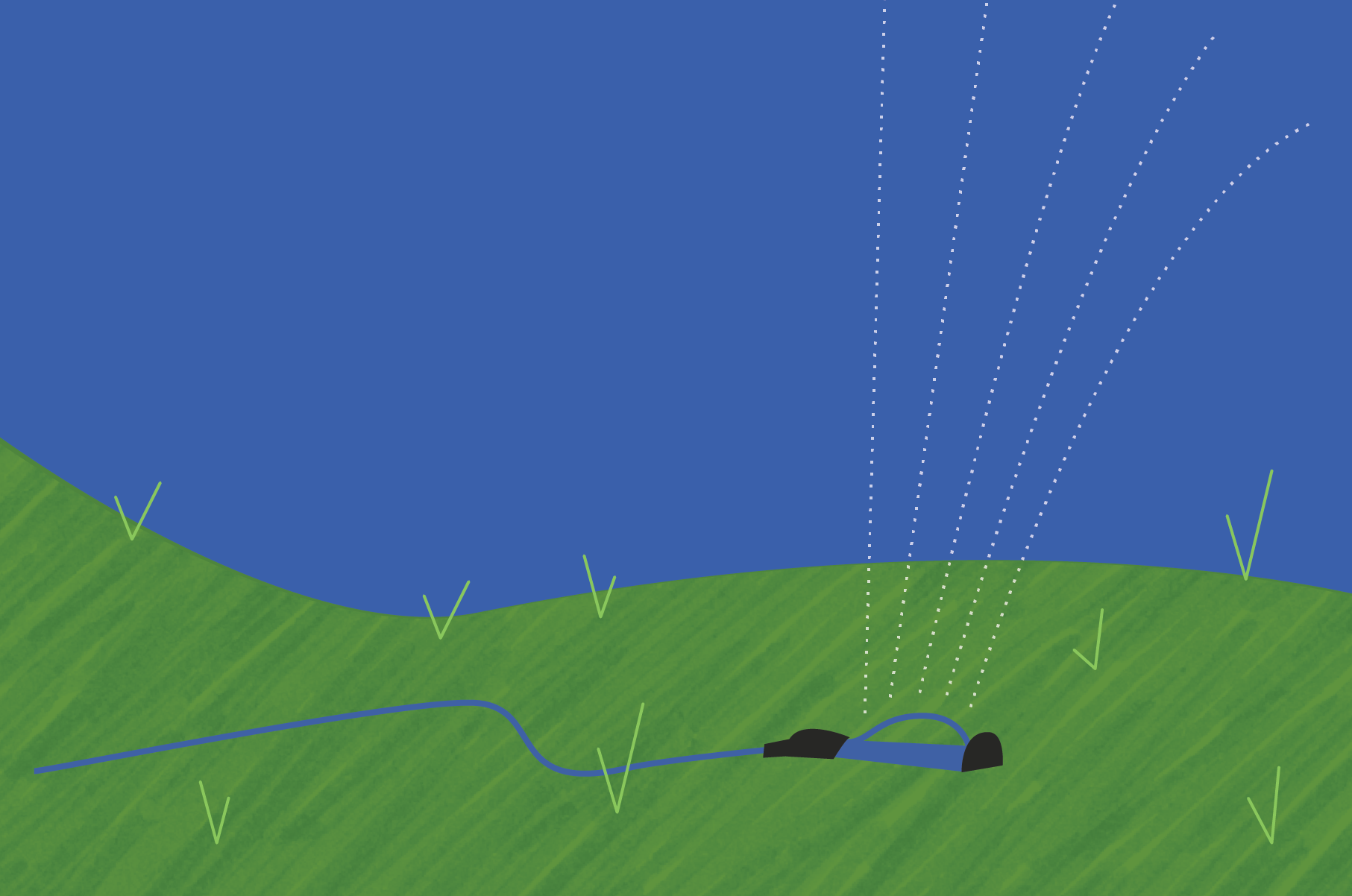How Anxiety Affects Bladder Leaks

by Brianna Flaherty
These days, it’s pretty widely accepted that the mind-body connection is real—research shows that stress and anxiety can negatively affect your physical health, and health issues can lead to higher levels of stress and anxiety. It’s also not a surprise that many people who experience bladder leaks report feeling stressed about the fact that leaking happens in the first place. After all, fears about leaking have been instilled in us since childhood and waste elimination (losing a full bladder) is a stress response we’re hardwired for. But did you know that anxiety about leaking can actually make you leak more?
We unpacked the anxiety-leak relationship to learn why anxious leaking happens and, most importantly, what you can do about it. For answers, wisdom, and clarity, we chatted with Lindsey Vestal, a pelvic health OT and owner of The Functional Pelvis.
Why anxiety contributes to bladder leaks
For most people, leaking is rooted in a physiological cause, like an imbalance in the pelvic floor muscles. Lindsey explains that anxious leaking—when your anxiety makes leaks more frequent—really boils down to shock absorption. When your anxiety levels spike, it’s a pretty natural response to tighten your body and clench your muscles, including the ones in your pelvic floor. But clenching your pelvic floor is kind of like locking your knees on a bus or a train and thinking your fixed position will help you stay standing during all the bumps and turns. The reality is that a relaxed body helps you absorb the shock of the ride, so you can bend and sway as needed to stay upright.
When your pelvic muscles are too taught, they can’t adequately respond to everyday movements like going from sit to stand, jumping, or walking across a room. Still, for most people, clenching your pelvic floor muscles is totally subconscious. It can take time to get in touch with your body and your coping mechanisms for anxiety, but there are actionable ways to start unpacking leak anxiety:
Breathing exercises
Your default breathing—how and where oxygen is traveling in your body when you’re meant to be calm—says a lot about whether your anxiety is manifesting physically. You can check in with your breath by putting one hand on your chest and one on your stomach as you inhale. If you’re feeling most of the movement in your chest, Lindsey says that’s a fight or flight anxious breathing pattern, which isn’t helping oxygen flow through your whole body. Shallow default breathing is a) not great for your pelvic floor, which benefits from full expansion of your diaphragm and b) can be an indicator that you’re holding your stress in other areas of your body, too.
Check your water intake
Lindsey explains that your relationship to hydration can say a lot about how you’re managing and responding to leaking. For example, if you restrict how much water you drink on a regular basis, it’s probably a sign that your leak anxiety is a daily, if not hourly, concern. The truth is that drinking less doesn’t actually prevent leaking, and can have serious health consequences. Hydrating regularly will help your bladder operate smoothly and avoid spasms, which often contribute to leaks— and to the anxiety you’ve come to closely associate with them.
Start relaxing
Lindsey says it’s important to remember that the mechanism behind letting urine leave your body is relaxation. Gripping your pelvic floor muscles all the time is actually counterproductive, and can mean that when you *do* pee, you’re so tight that you don’t fully empty your bladder—which means it might empty on its own terms later. A pelvic floor PT can work with you to develop muscle relaxation techniques designed for your unique body. You can start your search here.
Find a back-up plan that works for you
Last but definitely not least, finding something that gives you security and peace of mind about leaking is a great step toward helping your pelvic floor relax a little. Whether your back-up plan looks like spare undies or liners in your bag (or our best-selling Hiphugger), when you’re not stressing about staying dry or smelling fresh, you and your pelvic floor will breathe easier.
How do you handle stress and anxiety? Share your tips in the comments.
Posted: July 31, 2019
Related Articles
one new subscriber wins a free pair of Thinx every day! see rules


